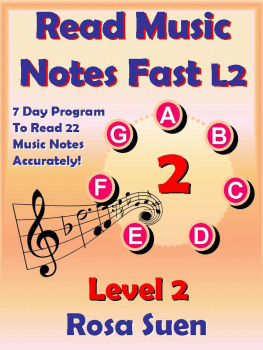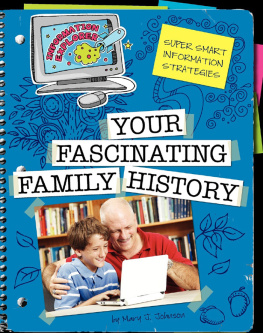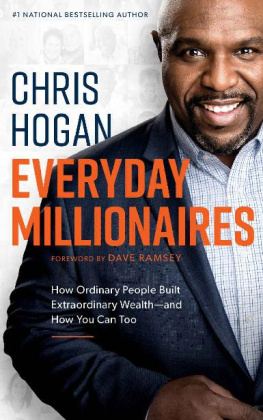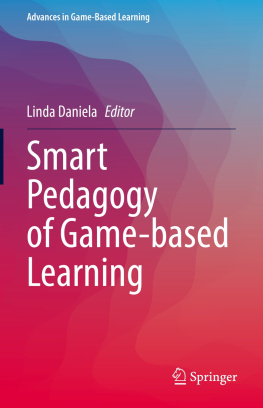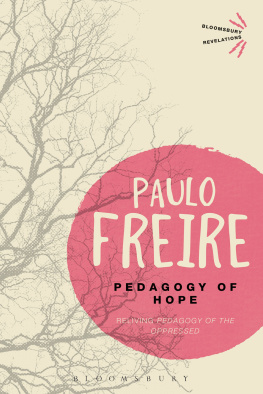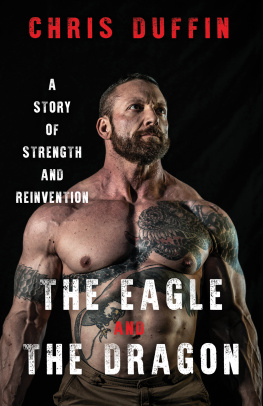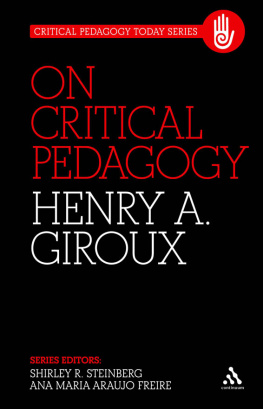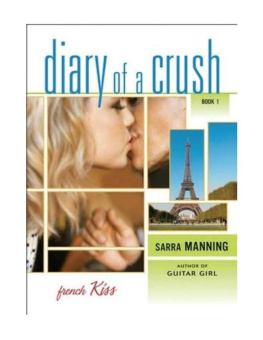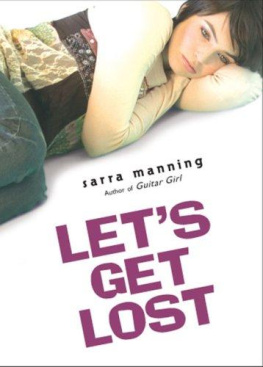Strong and Smart Towards a Pedagogy for Emancipation
Strong and Smart Towards a Pedagogy for Emancipation tells the story of how Dr Chris Sarra overcame low expectations for his future to become an educator who has sought to change the tide of low expectations for other Indigenous students. The book draws upon Roy Bhaskars theory of Critical Realism to demonstrate how Indigenous people have agency and can take control of their own emancipation. Sarra shows that it is important for Indigenous students to have confidence in their own strength and ability to be as able as any other group within society.
The book also compares and contrasts white perceptions of what it is to be Indigenous and Indigenous views of what it is to be an Aboriginal Australian. The book calls for Indigenous Australians to radically transform and not simply reproduce the identity that Mainstream white Australia has sought to foster for them. Here the book explores in what ways Aboriginal and Torres Strait Islander people are Othered by white Australians. Sarra seeks to advance the novel position that it is OK to be Other to white Australia. The question becomes, which other? The Indigenous student should not be treated as the Feared and/or Despised Other, nor should they be coerced into wholly assimilating into white culture.
Chris Sarra is a world-class educationalist. His strong and smart philosophy led to dramatic improvements in educational outcomes at the Cherbourg State School in Queensland. He now heads the Stronger Smarter Institute, Queensland University of Technology, which is transforming Indigenous education with positive messages of high expectations, quality relationships and community engagement in schools. Led by Dr Sarra, the Institutes programmes are having significant impact on students, educators and communities in schools across Australia.
New Studies in Critical Realism and Education
Other titles in this series:
A Critical Realist Perspective of Education
Brad Shipway
Why Knowledge Matters in Curriculum
A social realist argument
Leesa Wheelahan
Knowledge and Knowers
Towards a realist sociology of education
Karl Maton
Strong and Smart Towards a Pedagogy for Emancipation
Education for first peoples
Chris Sarra
First published 2011
by Routledge
2 Park Square, Milton Park, Abingdon, Oxon, OX14 4RN
Simultaneously published in the USA and Canada
by Routledge
711 Third Avenue, New York, NY 10017
Routledge is an imprint of the Taylor & Francis Group, an informa business
First issued in paperback 2012
2011 Chris Sarra
The right of Chris Sarra to be identified as author of this work has been asserted by him in accordance with sections 77 and 78 of the Copyright, Designs and Patents Act 1988.
All rights reserved. No part of this book may be reprinted or reproduced or utilised in any form or by any electronic, mechanical, or other means, now known or hereafter invented, including photocopying and recording, or in any information storage or retrieval system, without permission in writing from the publishers.
Trademark notice: Product or corporate names may be trademarks or registered trademarks, and are used only for identification and explanation without intent to infringe.
British Library Cataloguing in Publication Data
A catalogue record for this book is available from the British Library
Library of Congress Cataloging in Publication Data
Strong and smart : towards a pedagogy for emancipation : education for first peoples / Chris Sarra.
p. cm.
1. Aboriginal AustraliansEducation. 2. Aboriginal AustraliansEthnic identity. 3. Critical pedagogyAustralia. I. Sarra, Chris.
LC3501.A3S76 2011
| 371.8299915dc22 | 2010042879 |
ISBN: 978-0-415-61560-0 (hbk)
ISBN: 978-0-203-09319-1 (ebk)
ISBN: 978-0-415-64466-2 (pbk)
Typeset in Times New Roman
by Keystroke, Station Road, Codsall, Wolverhampton
Contents
This book is designed to examine the more positive Aboriginal perceptions of being Aboriginal and the impact of reinforcing this in an Aboriginal school setting.
During this introduction, I will outline some very personal reasons for pursuing this particular line of research. It is hoped the research will make a positive contribution to related literature, as well as providing some guidance in the development of Australias social and psychological landscape. For me, as an Aboriginal person, an Aboriginal academic and Aboriginal educator, there are some key objectives of this entire research project.
The key objectives of this book are to:
identify some Aboriginal perceptions of being Aboriginal;
identify some white perceptions of being Aboriginal;
challenge white Australias perception of being Aboriginal;
challenge Aboriginal perceptions of being Aboriginal;
facilitate access to a more accurate and more positive perception of being Aboriginal;
examine the impact of reinforcing a positive Aboriginal identity in schools;
examine how to reinforce a positive Aboriginal identity in schools.
To a large degree it is hoped this research will be utilized for emancipatory purposes. According to Hugh Lacey:
emancipatory activity is collaborative activity, engaged in by people who experience oppression and by those in solidarity with them, that is expressive of their effective agency and that aims both to alleviate the sufferings being experienced and to create conditions for the effective agency (or freedom) of everyone.
(2002: 10)
Against this background, this work will enhance the role of both players in the emancipatory process. This work will provide some insight, into what Lacey would call the oppressed, by identifying and challenging mechanisms and processes of oppression. The role of those whom Lacey would refer to as in solidarity with .
To many, this research project will appear, at times, somewhat different in its approach and, in many ways, it is these differences that are indeed a key feature of the research topic. Before proceeding, one must understand why an Aboriginal PhD book may look different from others:
Aboriginal literature does not exist in an aesthetic vacuum, but within the context of Aboriginal affairs. It must be seen holistically within a cultural, historical and social context. To try and approach Aboriginal writers and their literature as things existing apart from their communities would be a falsity.
(Narogin, 1990: 3)
As I approach the task of writing this book, it is sobering to heed the following warnings offered by Narogin (1990: 170). He notes the development of genres as a European way of categorising works of literature, which is designed to lead the reader away from intuitive to logical responses. He further notes the dangers facing Aboriginal writers, who eventually subscribe to the notion that there are fixed categories of literature to which one must conform. In more explicit terms the following advice is presented:
If we as (Aboriginal) writers accept this we, in effect, dilute the Aboriginality of our work. If we consider ourselves as existing in an Aboriginal cultural matrix, then we must know that part of our culture lies outside European conventions.
It is precisely this part, this Aboriginality, that is missed by the European editor who because he or she belongs to another culture, finds it wrong to construct a narrative prose work (a novel or life story) according to an unfamiliar structure.


